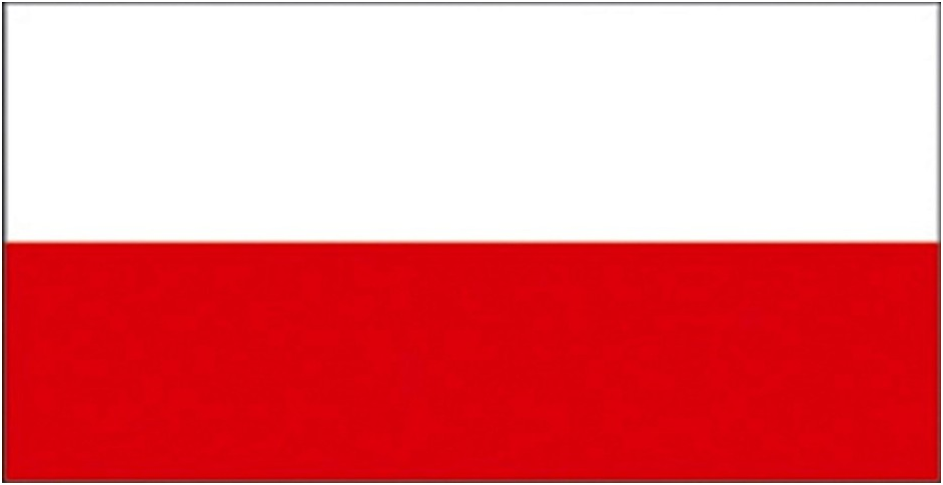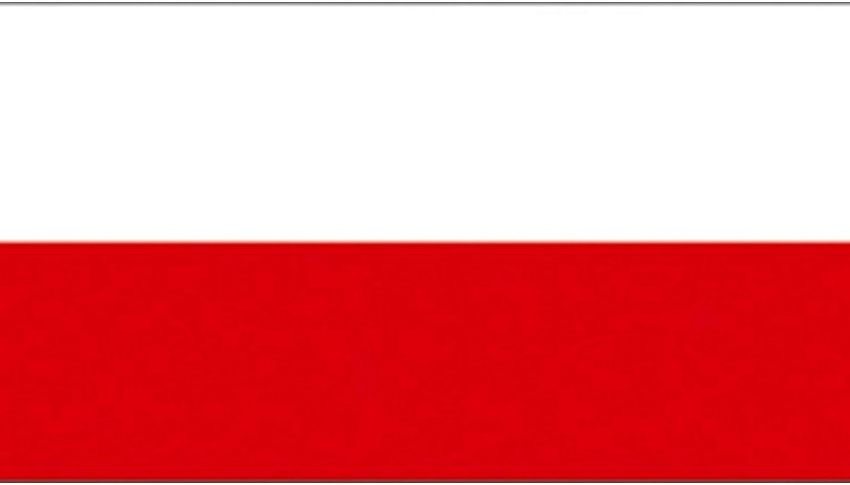

Poland: Stagnating Market after Strong Two-Year Growth
After record-high growth in 2011 and 2012, the Polish solar thermal market will most probably only keep the market volume of last year – or even show a small reduction in 2013. This is the prediction that the Polish Institute for Renewable Energy, IEO, reported to the European Solar Thermal Industry Federation (ESTIF) for its annual General Assembly at the end of November. The market development, however, has been interpreted differently by the national associations. The Association of Manufacturers and Importers of Heating Appliances (Polish acronym: SPiUG), which mainly represents flat plate collector manufacturers, has recorded a disappointing market performance this year, whereas the Society of Vacuum Tube Collector Importers and Distributors (about to be established) had seen a strongly growing market at least until September, when the regulations of the national residential incentive programme were changed.
“Our members expect their sales to drop by 10 to 15 % in 2013,” Janusz Starościk explains. According to the SPiUG President, the first half of 2013 was not satisfying, although the first half of a year usually is a time of high demand for solar thermal systems in Poland. “Our members had expected to offset the low demand in the first six months by increasing sales in the third quarter. But although there was growth, it was not as high as they had hoped for.” According to Starościk, some companies believe that imported vacuum tube collectors assembled from Chinese components are gaining a greater and greater market share.
Still, vacuum tube producers and importers seemed to have had very good sales until September, when the National Fund for Environmental Protection and Water Management (NFOŚiGW) changed the requirements of its residential grant scheme. Since October 2013, the grant cap has referred to the collector´s aperture area and not its gross area. The changes were not in favour of manufacturers of vacuum tube collectors and have had a clearly negative impact on their business. “Our company sales have dropped by 70%,” Paweł Grzegorczyk, owner of solar thermal system supplier Keno and President of the Society of Vacuum Tube Collector Importers and Distributors, says. “Before the changes, this year had been an excellent one. We doubled our sales,” he adds.
But according to Grzegorczyk, the introduction of the new rules coincided with the dwindling financial resources of the NFOŚiGW programme: “Many banks cooperating with NFOŚiGW stopped approving applications for grants when their budget limitations were reached.” “This was only a temporary issue,” Paweł Bartoszewski, responsible for the solar thermal programme at NFOŚiGW, said to solarthermalworld.org. “Indeed, some banks reached their limits, but they applied for extending them and most of the banks received higher budgets. Now, all banks still have an allocated budget, even for next year.” According to Bartoszewski, the annual budget of PLN million 143.3 for 2013 will not be exceeded and the money will still be enough for the first half of 2014.
NFOŚiGW plans to launch a new programme called Prosument to replace the old one in 2014 and will try to avoid any gap between the two schemes, during which no applications can be processed, Bartoszewski says. According to recent information, Prosument will start in the second quarter of 2014 at the earliest, and the current programme should have enough money for approving applications through the first half of 2014.
Bartoszewski, however, adds that applicants of Prosument cannot count on the same level of incentive as with the current programme, which grants 45 % of the investment costs. He did not provide any more details at that point, only saying: “We will offer a mix of grants and low-interest loans.” The Prosument budget of PLN 620 million will be higher than the current one, but solar thermal systems will have to share it with photovoltaic installations and heat pumps. “There will be no sub-budgets for separate technologies,” Bartoszewski says.
More information:
NFOŚIGW: http://www.nfosigw.gov.pl/en/
SPiUG: http://www.spiug.pl
ESTIF: http://www.estif.org
IEO: http://www.ieo.pl
Keno: keno-energy.com
This news was written by Marcin Czekanski, a Polish journalist specialised in renewable energies and based in Szczecin, Poland. (mczekanski@econaviga.eu).